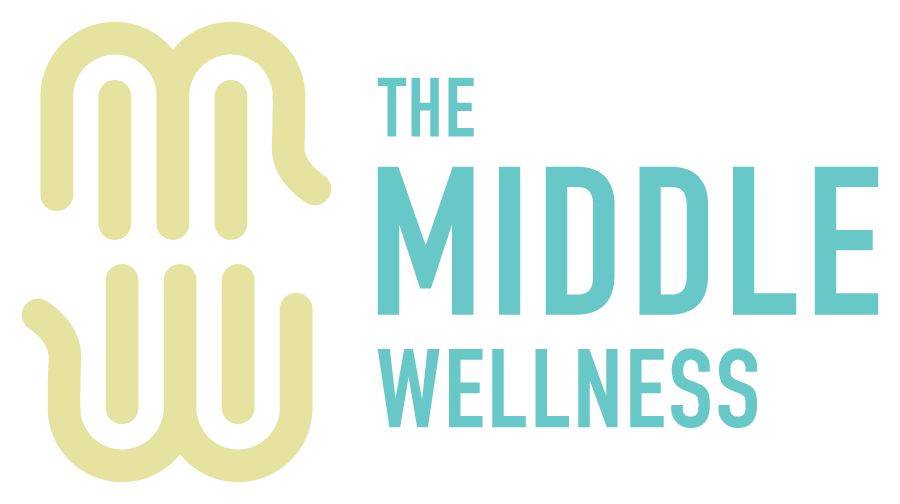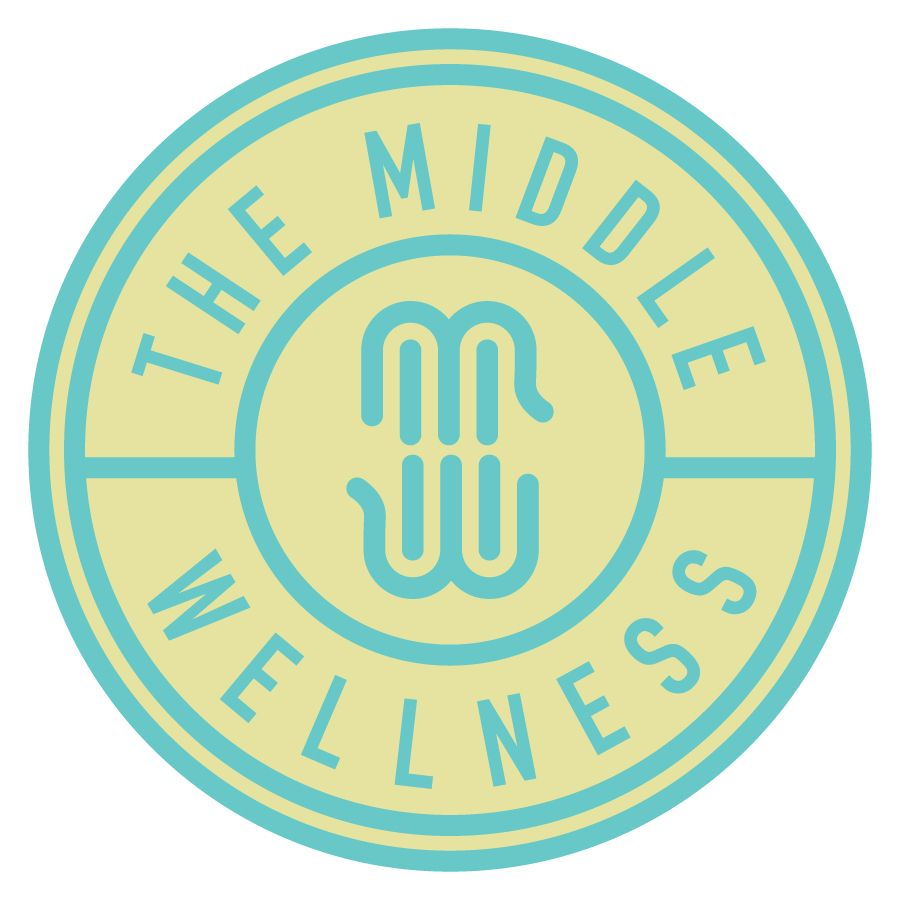Understanding how Massage Therapy Impacts the Nervous System
The Science of Relaxation

In our fast-paced and stressful world, finding ways to relax and unwind is essential for maintaining our overall well-being. One popular method of relaxation is massage therapy. Not only does it help to relieve muscle tension and promote relaxation, but it also has a profound impact on the nervous system. In this article, we will explore the science behind how massage therapy affects the nervous system and why it is such an effective tool for relaxation.
The Nervous System
To understand how massage therapy impacts the nervous system, it is important to have a basic understanding of its components. The nervous system is a complex network of nerves and cells that transmit signals between different parts of the body. It consists of two main parts: the central nervous system (CNS) and the peripheral nervous system (PNS). The CNS includes the brain and the spinal cord, while the PNS includes all the nerves outside of the CNS.
The Relaxation Response
Massage therapy has been shown to activate the parasympathetic nervous system, which is responsible for the body's relaxation response. When we are under stress, the sympathetic nervous system, also known as the "fight or flight" response, is activated. This response prepares the body to deal with perceived threats by increasing heart rate, respiration, and blood pressure. On the other hand, the parasympathetic nervous system promotes relaxation and helps the body return to a state of balance.
Effects on Stress Hormones
Massage therapy has been found to reduce the levels of stress hormones in the body, such as cortisol and adrenaline. High levels of these hormones can contribute to feelings of anxiety and tension. By reducing stress hormone levels, massage therapy helps to calm the mind and promote a sense of relaxation.
Pain Relief and Endorphin Release
Massage therapy also stimulates the release of endorphins, which are natural painkillers and mood enhancers. Endorphins help to reduce pain and promote a sense of well-being. This is why many people experience a "massage high" after a session. The release of endorphins not only provides pain relief but also contributes to the overall relaxation and stress reduction experienced during a massage.
Improvement in Sleep Quality
The relaxation induced by massage therapy can also have a positive impact on sleep quality. By promoting relaxation and reducing muscle tension, massage therapy can help individuals fall asleep faster and experience deeper, more restful sleep. This is particularly beneficial for those who struggle with insomnia or other sleep disorders.
Massage therapy is not just a luxurious indulgence; it has real, scientifically-backed benefits for the nervous system. By activating the parasympathetic nervous system, reducing stress hormone levels, promoting the release of endorphins, and improving sleep quality, massage therapy helps to restore balance and promote relaxation. Incorporating regular massage sessions into our self-care routine can have a significant positive impact on our overall well-being. So the next time you're feeling stressed or in need of some relaxation, consider booking a massage appointment and experience the science of relaxation firsthand.











